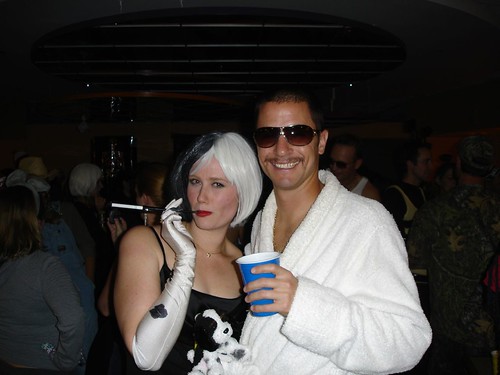CONAKRY (Reuters) - An uneasy calm returned to Guinea on Tuesday a day after at least nine people died when soldiers opened fire on rampaging students during a tense general strike in the poor West African state.
Traffic slowly returned to the pot-holed streets of the capital Conakry but banks, businesses and government offices remained shuttered as the strike against President Lansana Conte's disastrous economic record entered a sixth day.
Through the night shots echoed across the tropical port city as police patrolled, questioning anyone found on the streets.
Authorities blame the opposition for inciting violence during Monday's student protests over the postponement of exams.
"I toured the city last night and everything was calm, apart from certain neighbourhoods such as Cosa, Lambanyi and Enco 5 where our vehicle was stoned," a senior policeman told Reuters.
"We have opened an investigation to determine the causes of yesterday's violence. The students due to sit exams emerged with banners and signs already painted, so we want to know how they got them."
Long considered one of West Africa's most stable nations, the mineral-rich former French colony is increasingly seen as teetering under rampant corruption, economic decline and a fractious military.
Analysts fear a dangerous power vacuum if the reclusive Conte -- a diabetic in his 70s -- were to die. A cabinet reshuffle last month snubbed opposition calls for reform.
VILLA SACKED
Police and medical sources said at least nine deaths had been confirmed after rioting in Conakry, the eastern town of Nzerekore and the northern city of Labe.
In the capital, Monday's rioting caused extensive material damage and the local press reported that protesters had sacked the suburban villa of President Conte's brother.
In Nzerekore, some 970 km (600 miles) southeast of Conakry, residents reported hearing shooting throughout the night.
"The central police commissariat of the first district of Nzerekore was attacked and all the prisoners were freed by the students in broad daylight," one source said.
Protesters also attacked the Chamber of Agriculture, an organisation very close to President Conte, the source said.
In Labe, an opposition stronghold some 430 km (270 miles) from Conakry, roads were deserted after the authorities sent young army recruits to reinforce police.
The unions have demanded the government reverse a 30 percent increase in fuel prices announced in mid-May, which they said obliterated wage increases set a month earlier. A litre of petrol costs 5,500 Guinean francs ($1.20) in a country where more than half the population lives on less than $1 a day.
Conte held an emergency meeting with unions on Monday, a government source said, but it was not clear if progress was made.
Union leaders at the Compagnie des Bauxites de Guinee (CBG) -- the world's largest producer of the ore used to make aluminium -- decided last week not to follow the strike call due to the strategic importance of their sector. CBG is controlled by Alcan and Alcoa.


